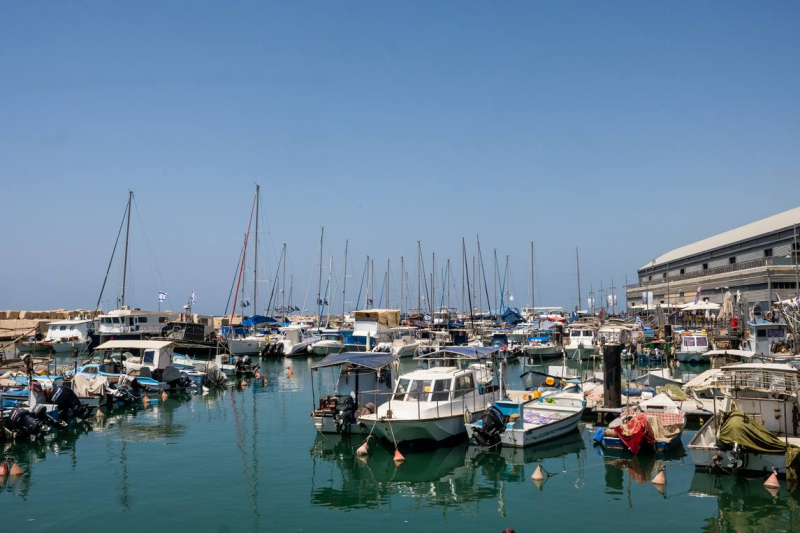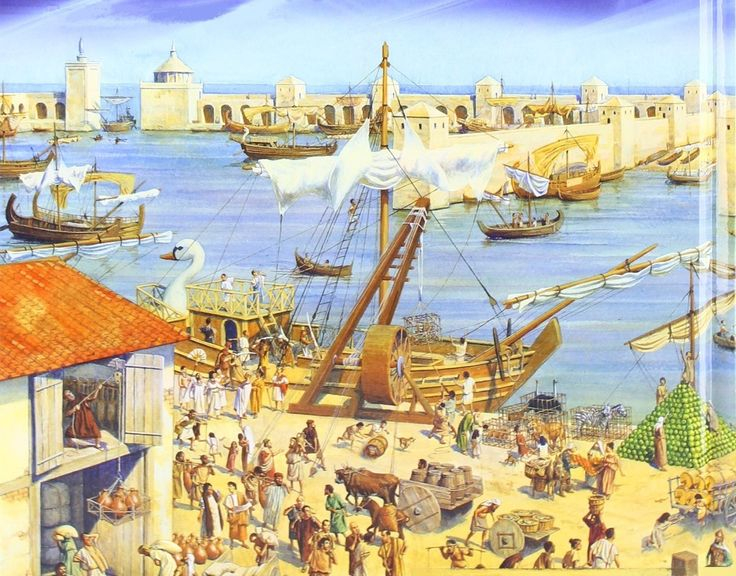The Bible is Named for a Lebanese Sea Port
Bibliotheque is the French term for library. A bibliography is where scientific papers and books list the sources they cite. And the Bible, which is the name given to the canonical book of the Christian religion, is widely used. The reason they all have a similar sound is since the origin of each term is the same—a seaport in Lebanon.
Since the Neolithic era, between 8000 and 4000 BC, Byblos has been inhabited. This became a crucial location in the world of books during the Greco-Roman era because it served as the hub for the import and export of Egyptian papyrus, the paper used at the time for all writing.
The Greeks began naming papyrus paper after the city it originated in—Byblos—and it quickly rose to prominence as one of the most valuable materials in the world. Byblos was changed to biblia as papyrus papers were bound together to create books. By the fifth century, church authorities were referring to the sacred texts as "biblia," which later became known as the Bible.












